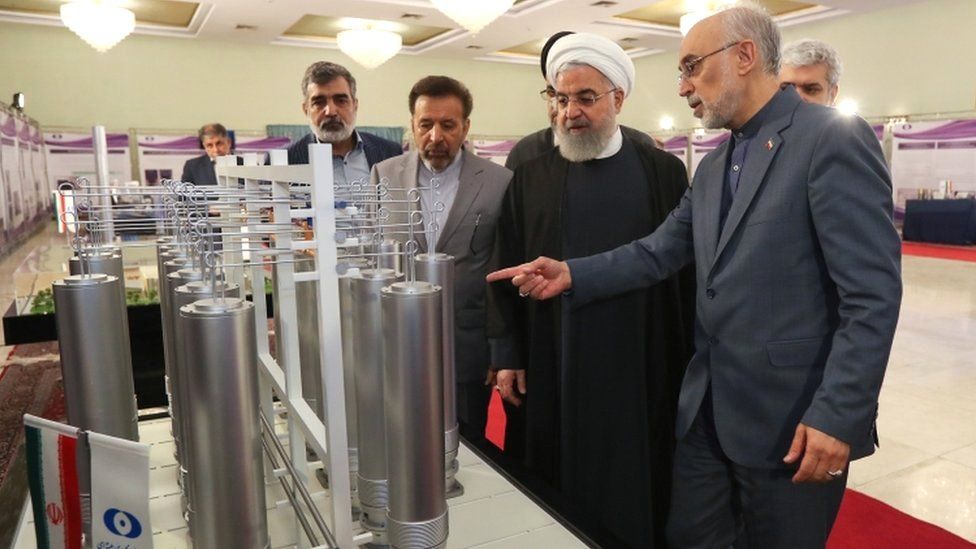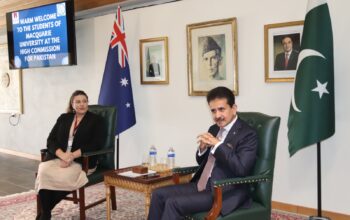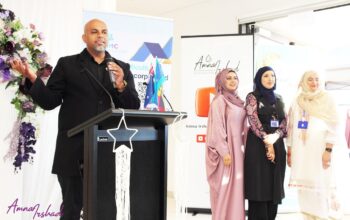Iran nuclear deal Tehran plays down hopes of nuclear talks with US
Iran says that despite an EU offer to broker talks with the US aimed at reviving a nuclear deal, America “must act” first and lift sanctions.
“Gestures are fine,” Iranian foreign ministry spokesman Saeed Khatibzadeh tweeted, adding: “Remember, Trump left the room.”
Iran vowed to limit its nuclear programme in return for the lifting of economic sanctions under the 2015 deal.
But former US President Donald Trump abandoned the accord in 2018.
The move led Iran to roll back its commitments.
The US has now expressed intent to rejoin the deal under President Joe Biden.
On Thursday, the Biden administration made its firmest pledge yet to re-engage with Iran over the deal, known as the Joint Comprehensive Plan of Action (JCPOA).
State department spokesman Ned Price said the US would accept an invitation from the European Union to meet Iran for talks.
Senior EU diplomat Enrique Mora tweeted he was “ready to invite” all parties to talks, saying this was a “critical moment” for the deal.
But Mr Khatibzadeh later said that Tehran would only “respond” to calls to revive the deal after the Biden administration lifted all sanctions.
Meanwhile, Iran’s Foreign Minister Mohammad Javad Zarif also suggested on Friday that the country would only comply with the deal fully once US sanctions had been lifted, saying it would then “immediately reverse” its actions.
Iran has ratcheted up pressure on the Biden administration, threatening to block international inspections of its nuclear sites within days if the US does not lift sanctions.
Since the US withdrew from the deal, Iran, which says its nuclear programme is peaceful, has resumed or begun nuclear activities barred under its terms. This has heightened concern among the parties to the deal, who suspect Iran’s intentions.
In response, the US and its European allies – the UK, France and Germany – have called on Iran to refrain from blocking inspections, warning jointly that the move would be “dangerous”.
On Thursday, the four powers said they shared a commitment to ensuring Iran could “never develop a nuclear weapon”.
The offer of an initial meeting hosted by the EU to get around the stand-off over who moves first in the complex path back to the nuclear deal would have been the first substantial diplomacy with Iran in more than four years.
To show good faith, the Biden administration eased stringent travel restrictions on Iran’s UN diplomats imposed by Mr Trump. It also reversed his effort to restore all UN sanctions on Iran.
When it comes to American sanctions, Mr Biden says he’ll lift them once Iran has resumed compliance with the deal.
But Iran has demanded an end to US sanctions by the weekend, threatening to limit inspections of nuclear sites if it doesn’t. The US and other Western powers have urged it against taking what they call a step backward when they’re ready to move forward.
Iran’s reaction to that statement was dismissive.
What did the deal do?
Suspicions that Iran was using its nuclear programme as a cover to develop a nuclear bomb prompted the EU, US and UN to impose sanctions in 2010.
In 2015, Iran reached a deal with six powers – the US, UK, France, China, Russia and Germany – that saw it limit its nuclear activities in return for sanctions relief.
Under the terms of the deal, Iran agreed to limit its uranium enrichment and allow international inspectors to access sites and facilities.
Why did the deal fall apart?
Mr Trump abandoned the deal in May 2018 and reinstated US sanctions. He wanted a new deal that would also curb Iran’s ballistic missile programme and its involvement in regional conflicts.
Iran refused and, when the sanctions took effect, was plunged into an economic crisis.
Since sanctions were tightened in 2019, Iran has moved to stop international inspections of its nuclear sites and step up uranium enrichment in breach of the deal.








